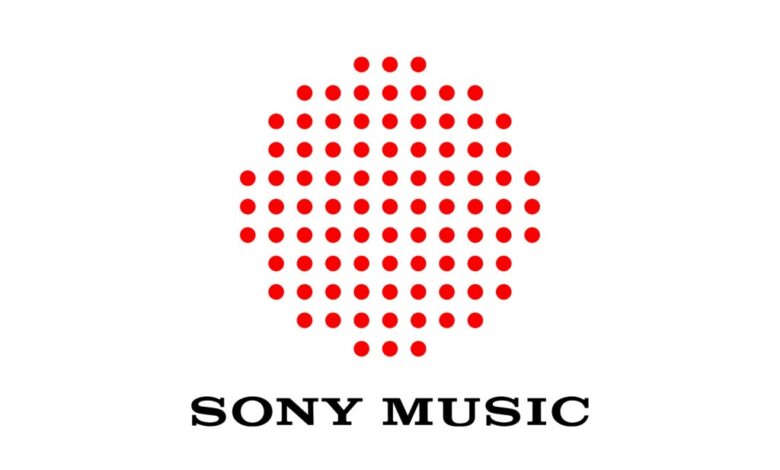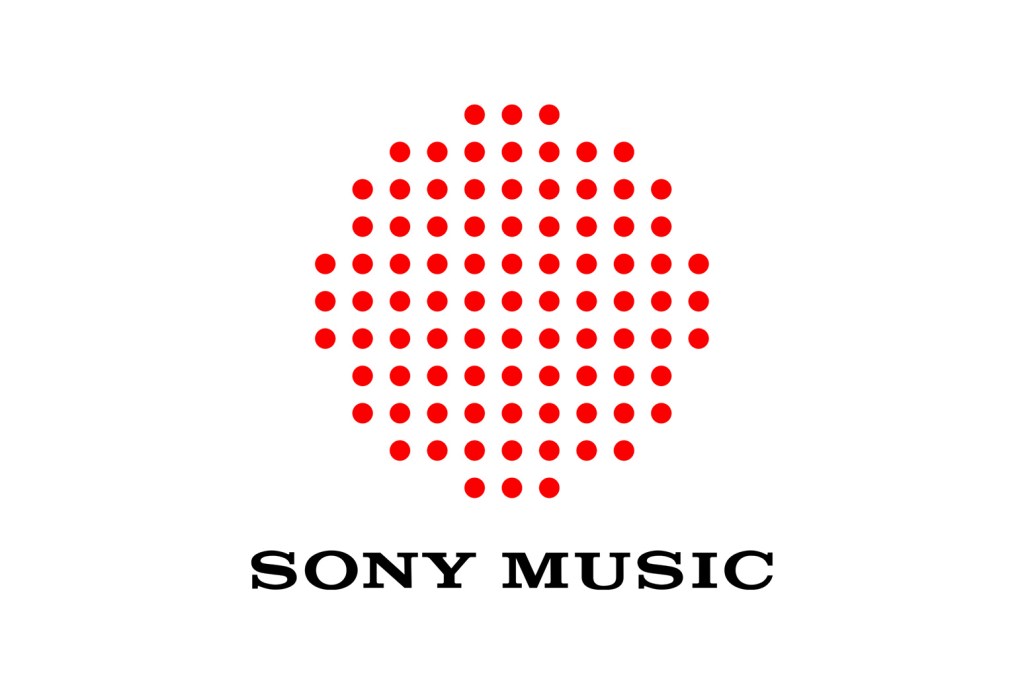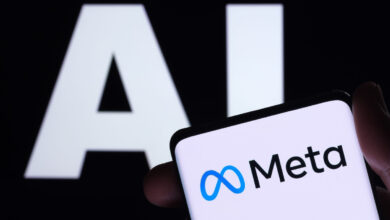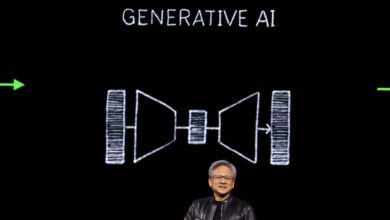Sony Music Warns AI Companies Against Harvesting Its Music Data


Sony Music warned tech companies not to mine its recordings, compositions, lyrics and more “for any purposes, including in relation to training, developing, or commercializing any [artificial intelligence] system,” in a declaration published on the company’s website on Thursday (May 16).
In addition, according to a letter obtained by Billboard, Sony Music is in the process of reaching out to hundreds of companies developing generative AI tech, as well as streaming services, to drive home this message directly.
The pointed letter notes that “unauthorized use of SMG Content in the training, development or commercialization of AI systems deprives SMG Companies and SMG Talent of control over and appropriate compensation for the uses of SMG Content, conflicts with the normal exploitation of those works, unreasonably prejudices our legitimate interests, and infringes our intellectual property and other rights.”
GenAI models require “training” — “a computational process of deconstructing existing works for the purpose of modeling mathematically how [they] work,” as Google explained last year in comments to the U.S. Copyright Office in October. “By taking existing works apart, the algorithm develops a capacity to infer how new ones should be put together.” Through inference, these models eventually can generate credible-sounding hip-hop beats, for example.
Whether a company needs permission before undertaking the training process on copyrighted works is already the subject of a fierce debate, leading to lawsuits in several industries. In October, Universal Music Group (UMG) was among the music companies that sued AI startup Anthropic, alleging that “in the process of building and operating AI models, [the company] unlawfully copies and disseminates vast amounts of copyrighted works.”
Although these cases will likely set precedent for AI training practices in the U.S., the courts typically move at a glacial pace. In the meantime, some technology companies seem set on training their genAI tools on large troves of recordings without permission.
“Based on recent Copyright Office filings it is clear that the technology industry and speculative financial investors would like governments to believe in a very distorted view of copyright,” Dennis Kooker, Sony Music’s president of global digital business, said during the Artificial Intelligence Insight Forum in Washington, D.C. in November. “One in which music is considered fair use for training purposes and in which certain companies are permitted to appropriate the entire value produced by the creative sector without permission, and to build huge businesses based on it without paying anything to the creators concerned.”
While Kooker was adamant during his testimony that training for genAI music tools “cannot be without consent, credit and compensation to the artists and rightsholders,” he also pointed out that Sony has “roughly 200 active conversations taking place with start-ups and established players about building new products and developing new tools.”
“These discussions range from tools for creative or marketing assistance, to tools that potentially give us the ability to better protect artist content or find it when used in an unauthorized fashion, to brand new products that have never been launched before,” he continued.
Sony’s letter to genAI companies this week ended on a similar note: “We invite you to engage with us and the music industry stakeholders we represent to explore how your AI Act copyright policy may be developed in a manner that ensures our and SMG Talent’s rights are respected.”



